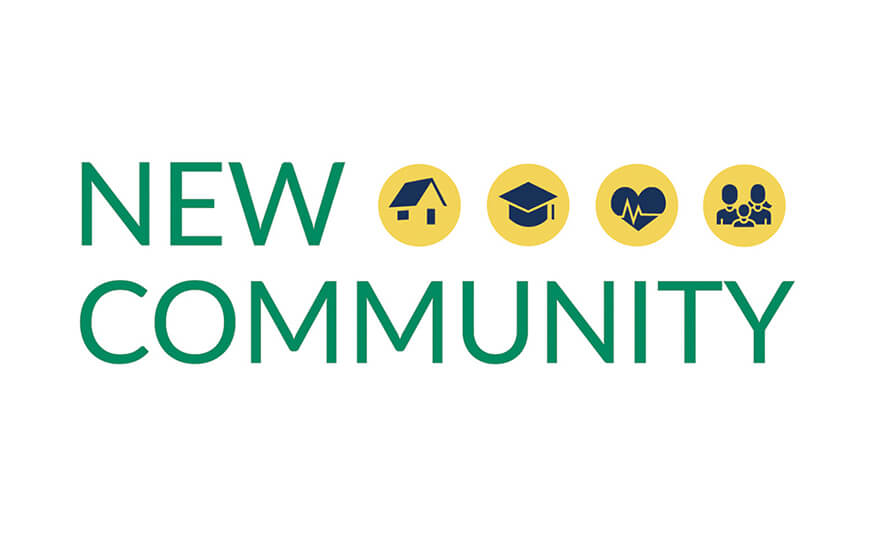The Gateway to Freedom Substance Abuse Program (GTF) offers three levels of care: Intensive Out-patient, Outpatient and Aftercare services. The Gateway to Freedom Program accepts clients referred through both Hudson County Drug Court and Essex County Drug Court, Parole, Substance Abuse Initiative (SAI), Division of Child Placement and Permanency (DCPP), as well as self-referred residents of Essex County who may be eligible to receive funding through one of our grants such as STEPS. Services offered by the GTF Program include the following: Screening and Assessment: Drug Screens; Mental Health Evaluations; Treatment for Co-Occurring Disorders; Individualized Treatment Plans; Intensive Outpatient Program; Outpatient Counseling and Therapy; and Family Counseling and Support.
For those self-referred clients who are found to be eligible for free services under Chapter 51 Funding (STEPS Program), referrals to the Essex County Department of Health and Rehabilitation Alcoholism and Drug Abuse Director are also provided and clients are eligible to receive assistance with resume writing, obtaining a county identification at no cost, and free legal assistance with getting one’s criminal record expunged.
As of January 2016, GTF has instituted Hazelden’s evidence-based Living in Balance curriculum in all substance abuse groups at both the Family Service Bureau’s Newark and Kearny offices. The Living in Balance program, sometimes referred to as the LIB program, is a comprehensive and practical guide for conducting group and individual treatment sessions for persons who have a substance use disorder, with sessions dedicated to serve clients who also have a co-occurring mental health disorder. LIB is a comprehensive recovery program that incorporates a biopsychosocial approach to strengthening neglected areas of an addict’s life. Living in Balance views a severe substance use disorder, or addiction, as a “chronic, relapsing brain disease that is characterized by compulsive drug seeking and use, despite harmful consequences” (National Institute on Drug Abuse 2007).
Addiction is viewed as a biopsychosocial process in which various biopsychosocial factors act as risk or protective factors, thereby increasing or decreasing the likelihood of the onset, maintenance, or relapse of addiction and substance use behaviors (Institute of Medicine 1996). As a result, Living In Balance is likewise biopsychosocial in nature. The Living in Balance program centers on sets of interactive client worksheets that teach, engage, and motivate clients in therapy sessions with a counselor. Each session is devised to be simple for counselors to facilitate, with easy-to-use materials and contain optional relaxation, role-play, or visualization exercises.
The Substance Abuse Services offered by the GTF program are best suited for the following substance abuser:
1. There is a demonstrated pattern of substance use and behavior that is unlikely to change with outpatient treatment and community resources alone. However, the client is nevertheless able to live safely in the community with adequate functioning.
2. There is evidence that client is motivated, as evidenced by an expression of interest or desire to work towards the goals of treatment and recovery at the time of admission or shortly thereafter.
3. The patient’s social system and significant others are supportive of recovery, and the individual demonstrates the motivation, social and cognitive skills to develop a sober support system.
The Prevention, Education, Intervention (PEI) Program is another program provided under the umbrella of our Substance Abuse Services and is designed to provide educational workshops on increasing awareness on substance abuse amongst youth to educators and parents/guardians, in addition to providing gender specific intervention services for identified at-risk minority males from the age of 8 to 15 years. One component of this program provides a series of 18 no-cost educational workshops within the community to increase and enhance the knowledge of substance abuse and to work with parents/guardians to enhance existing skills for a successful, healthy, substance-free future for their children and become better prepared to meet the complexity of today’s parenting challenges. Youth will practice effective communication, healthy coping strategies and skills for resisting peer pressure.
Moving into the future, the Family Service Bureau is in the process of offering internet video counseling sessions to a select group of clients in 2016. We hope to expand this service over time to function as a viable alternative for many people. It is the hope of FSB to begin to implement Tele-Therapy in providing Employee Assistance Program (EAP) Assessments and short-term counseling for NCC employees and their families who may be experiencing substance use disorders by the end of 2016. FSB will be using an online tele-mental health service that no longer presents the barriers of being cost prohibitive or simply too technologically complex. Soon, any licensed FSB professional will be able to provide care to our clients outside of the clinical setting. Our service will incorporate an online patient check-in and waiting room into the design so that both the therapist and client will continue to experience a familiar and natural visit. We hope to expand this service over time to function as a viable alternative for the community.

